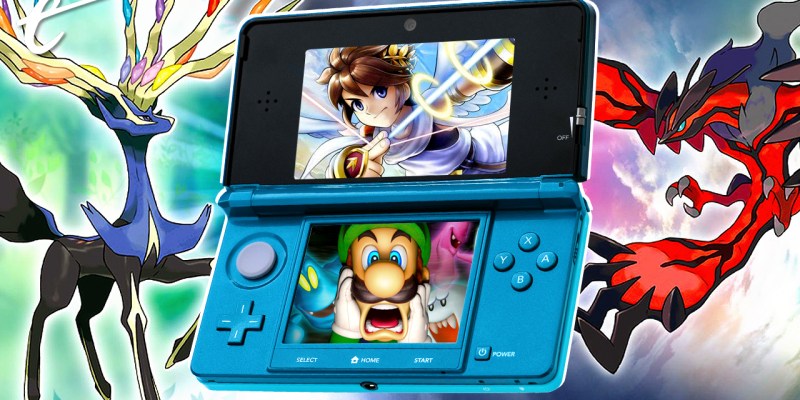On March 27, the Nintendo 3DS eShop will shut down. With no more digital purchases on 3DS games being able to take place, an era of Nintendo’s history will officially come to an end. With the 3DS now on its deathbed and many frantically trying to download the last few digital-only games worth playing on the system, (Go grab those Ace Attorney games and HarmoKnight!) I think it’s also time for us to admit that, in retrospect, Nintendo 3DS was a disappointment in nearly every single way. Yes, it has its fans, but compared to every dedicated handheld that Nintendo released, the 3DS was its worst.
Recall back in 2011 when the 3DS was first released in the West, coincidentally enough on March 27. It retailed for $250 and had a paltry launch lineup with almost no major releases. The system struggled in its first year, with arguably the system’s first killer app being a remake of The Legend of Zelda: Ocarina of Time three months later. If we’re talking about original software worth a damn, that would be Super Mario 3D Land in November.
The 3DS had an emaciated launch lineup over the course of its first year, and people were not gravitating to the system. It was so bad that Nintendo slashed its price by $80 and offered those who had already bought the system 20 free games: 10 NES games and 10 GBA games, the latter of which still have never been released to the general public.
This was how I got my first 3DS. I was in high school at the time, and a friend of mine was dating someone who wanted to sell it. They didn’t see anything worth playing on the horizon and felt suckered by Nintendo. One shouldn’t really buy a system if there aren’t any good games coming in the immediate future that they want, but I wanted the system just so I could play Kid Icarus: Uprising. To this day, it still stands as my favorite game on the system, wonky controls and all, and it showed the promise that the 3DS had as a system.
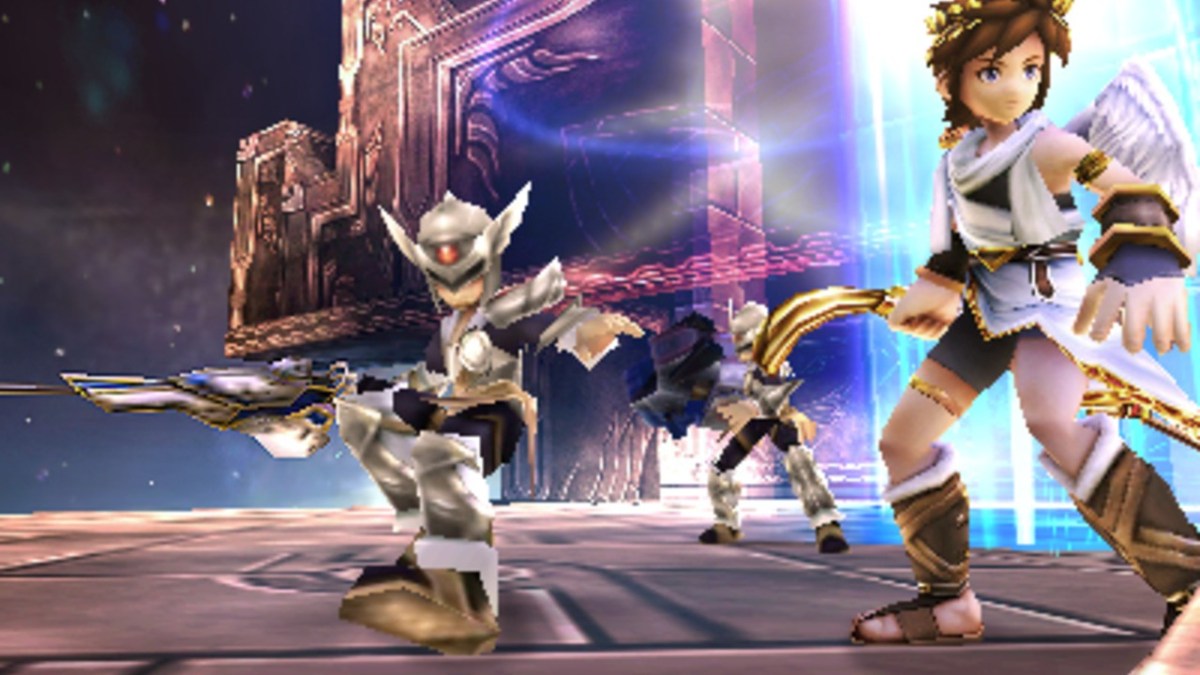
While I do think that the 3DS is ultimately a disappointment for Nintendo, I can’t deny that there are good games on the system, and some franchises absolutely thrived on it. When I think of the 3DS, the two franchises that were helped the most by it have to be Fire Emblem and Kirby. Fire Emblem: Awakening was famously meant to be the final installment of the series if it sold poorly, but its landmark success allowed for the franchise to receive four new entries on the 3DS. Now, Fire Emblem is comfortably one of Nintendo’s go-to RPG franchises. Meanwhile, Kirby had more games on the 3DS than on any other system, thanks to the plethora of downloadable titles that expanded upon minigames in stellar retail games like Triple Deluxe and Planet Robobot.
But as far as other Nintendo franchises go, their offerings were fairly weak in comparison and often played it safe. Zelda had four games receive retail releases, including two remakes of the franchise’s Nintendo 64 offerings, the spinoff Tri Force Heroes that most people forgot about, and the great A Link Between Worlds that played it safe by reiterating what made A Link to the Past so good. Metroid had Samus Returns, a remake of the second game in the series that feels a bit long in the tooth and whose existence was the most likely reason why AM2R met an untimely demise. And as for Mario, once 3D Land was released, it was spinoff after spinoff with diminishing returns.
One could argue Nintendo didn’t really want to innovate with the 3DS, and it’s not hard to see why. On the console side, the Wii was being phased out when the 3DS launched, and when its successor, the Wii U, failed completely to capture that same magic, the 3DS became the breadwinner for the company. It had to release safe and reliable titles in order to keep the lights on and dispel some of the “Nintendoom” chants that were coming in the mid-2010s. Innovation is risky, and most of those innovative and refreshing 3DS titles came at the beginning of the system’s life.
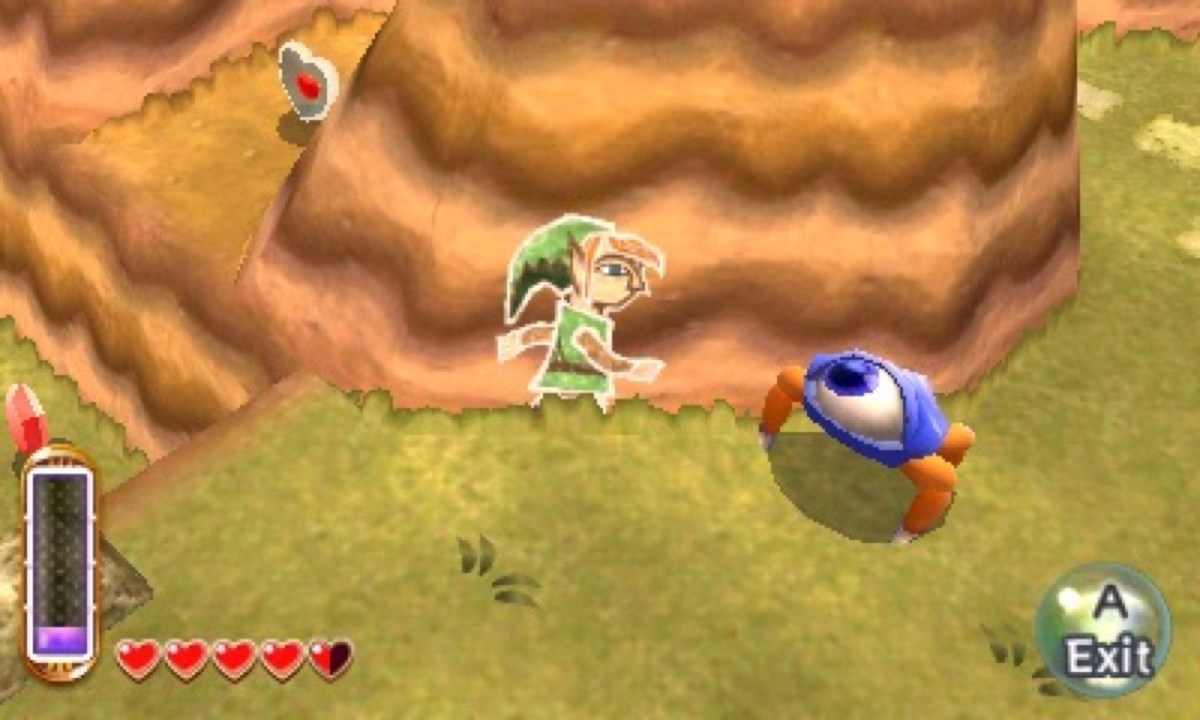
Once it had to keep the company afloat, that’s when you had remakes and ports galore. Even then, those remakes were a bit of a weird pill to swallow since you could still access the original games on the Wii and Wii U thanks to the Virtual Console. Why bother paying for a simple graphical up-res of a game when the original game is available far cheaper and is more readily accessible?
So if Nintendo’s first-party output was mediocre, surely the third-party output would be better, right? Sadly, that isn’t true. While there was plenty of third-party support on the DS that helped to keep the system afloat when Nintendo wasn’t releasing any major games, third-party games of merit on the 3DS barely existed. There were some companies that released notable games for the system, like with Level-5’s Professor Layton games, Square Enix’s Bravely Default series, and Atlus’ MegaTen games, and there was a healthy amount of indie games like Shantae and the Pirate’s Curse, Retro City Rampage, and Shovel Knight. But most third-party developers were more interested in developing major console games that had a wider reach of audience and were easier to monetize. And don’t forget — you don’t buy Nintendo systems for what third-party games are offering. You buy them for the latest Nintendo games, and they simply didn’t deliver.
Take the Pokémon series and its installments on the 3DS. It took the franchise until 2013, two years after the system was released, to launch the sixth generation, X and Y, for the 3DS. Generation 5, Black and White, was released only a few weeks before the 3DS launch in the United States. If the 3DS had launched with a brand new Pokémon game, the 3DS would have had a much more positive launch and instantly had a killer app.
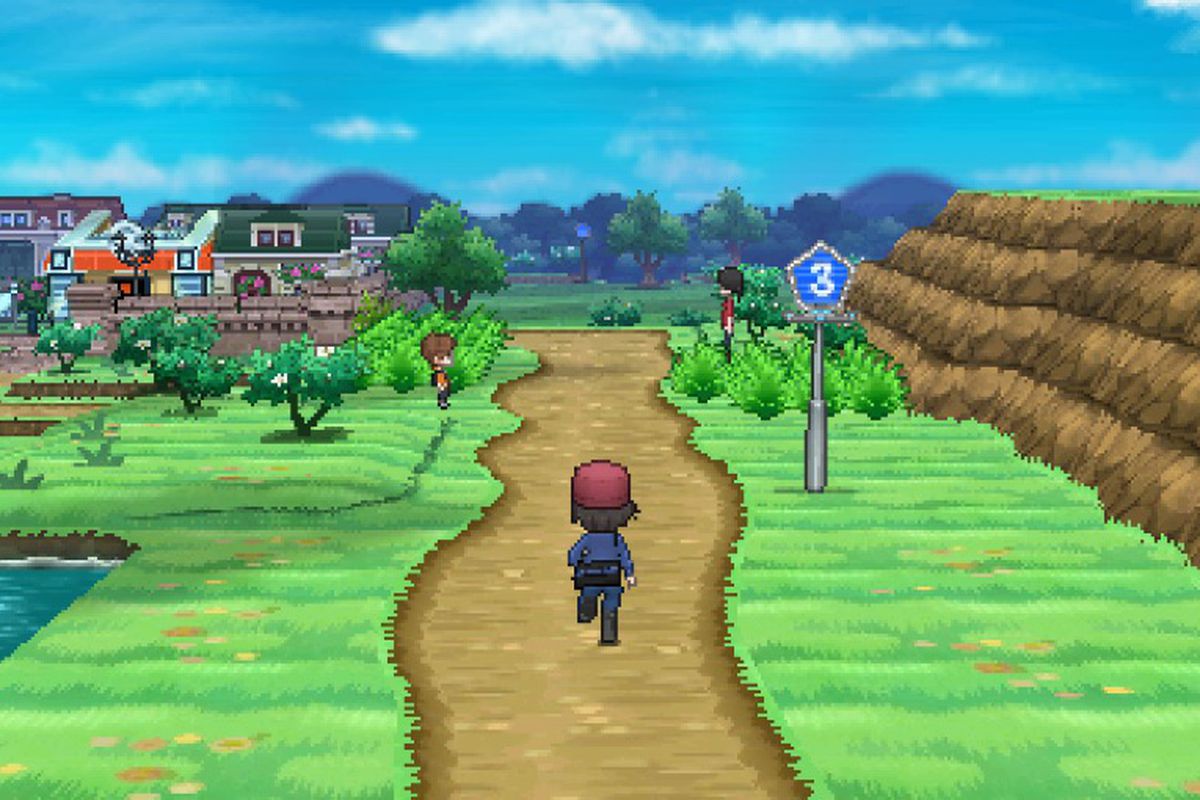
But the Pokémon Company and Game Freak decided to keep Gen 5 to the DS. It was probably for the best as the DS already had a massive install base and the 3DS was an untested quantity, but even when Gen 6 came out, the only major change it made to the series was to bring the Pokémon into 3D. Granted, that does keep track with the Game Freak of today that puts in the bare minimum effort to release a new entry, but Gen 6 was the realization for many fans that these new innovations within the series would be minuscule at best.
But then you have the entire system’s central gimmick of glasses-free 3D. At the time of the system’s announcement at E3 2010, 3D was all the rage thanks to the global domination of Avatar earlier that winter. Not even a few years removed from the system’s release, Nintendo opted to release 2D-only versions of the system, effectively making the 3DS just an upgraded DS. While earlier games boasted that they could be played in 3D and that only people age 7 and older could use it, it didn’t take long for the tag to be relegated to a back-of-the-box feature. Plus, in the system’s twilight years, a significant amount of its releases became emblazoned with a new tag: “plays only in 2D.” When the entire gimmick of your system is rendered obsolete, that’s a problem.
Once Nintendo Switch was released and the 3DS no longer had to keep Nintendo afloat, the company was content to just release a haphazard slew of remakes and ports that frankly performed worse on the 3DS than on their original consoles. Kirby’s Epic Yarn had no reason to be on the 3DS when the Wii version ran better and didn’t include features that actively made the game more annoying to play through. Luigi’s Mansion opted out of being remade for Switch in favor of a laggy and technically worse version of a 2001 GameCube game.
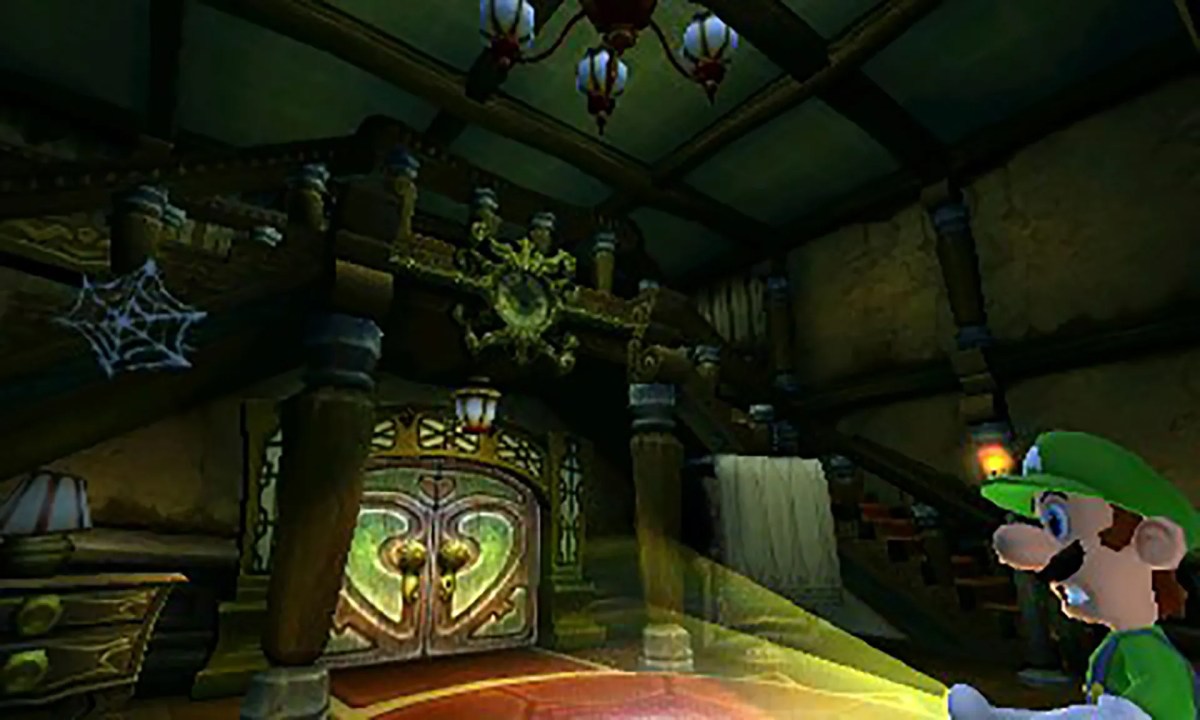
AlphaDream even went so far as to remake Mario & Luigi: Bowser’s Inside Story for the 3DS despite the original game being playable on the system via backwards compatibility! (AlphaDream went bankrupt soon afterward.) Nintendo did not know what to do with the 3DS now that it actually had a successful home console, and it allowed the system to die a slow death, with the life support of the 3DS eShop being the only thing barely keeping it alive.
Sure, I could have thrown out a bunch of statistics to objectively state how the 3DS underperformed compared to the DS, selling only 76 million units compared to the DS’s 154 million. I could have also mentioned how the 3DS sold the worst out of all of Nintendo’s handheld consoles, but disappointment cannot be measured quantitatively.
Disappointment is a feeling, and even though I bought my Nintendo 3DS secondhand, looking back it’s hard not to be disappointed at what ultimately became of the system. It had to bear the weight of the Wii U’s failure and never got the support that it deserved, opting to reiterate instead of reinvent. It says a lot that, if I’m going to crack out my 3DS, it isn’t to play any of the games that came out in its overall 12-year life span. It’s to play a bunch of my favorite DS games.
